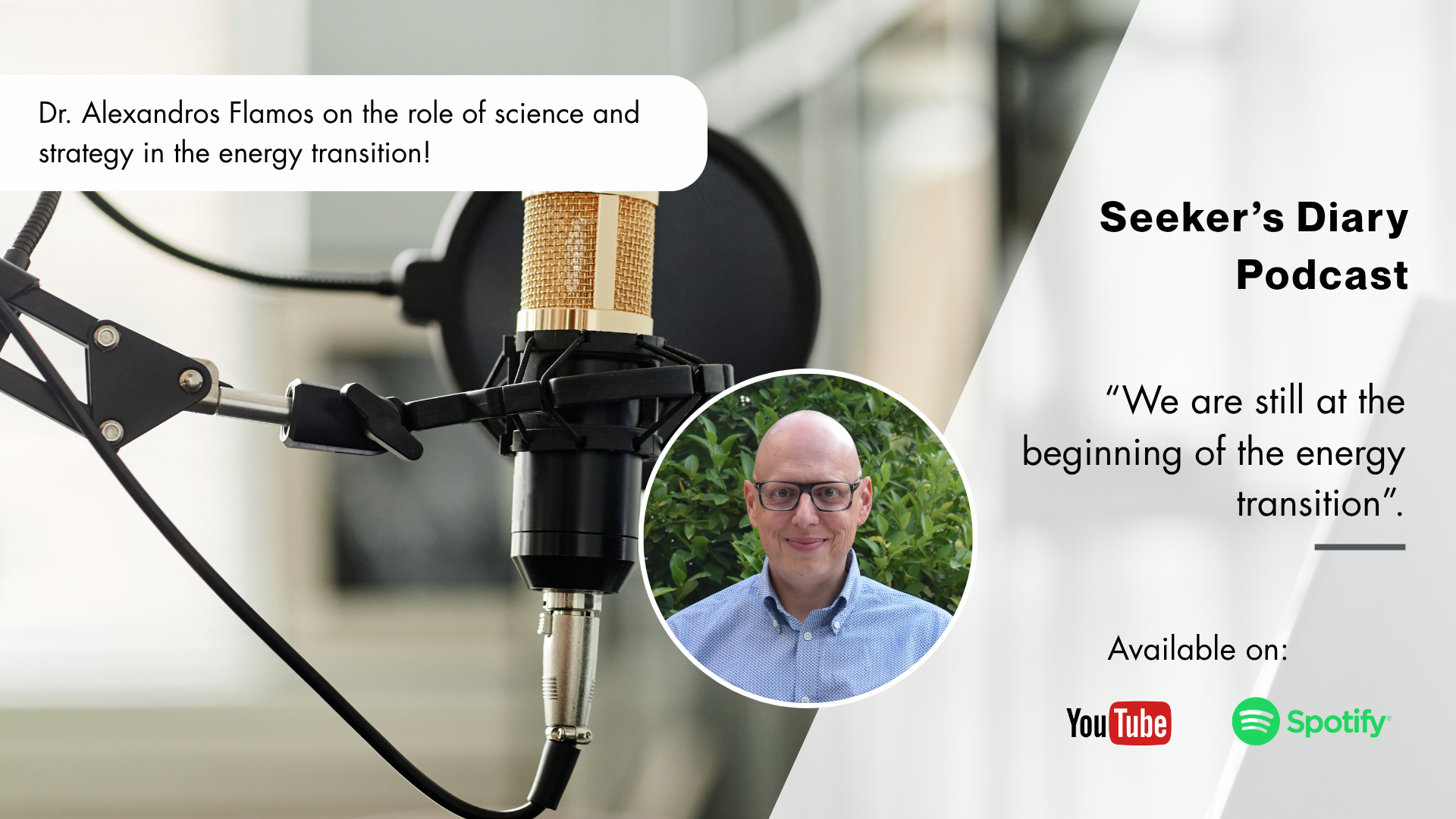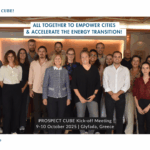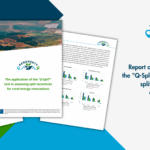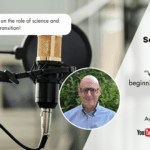Dr. Alexandros Flamos, Professor at the Department of Industrial Management and Technology at the University of Piraeus and Director of the MSc in Technoeconomics of Energy and Environment, was recently featured on the Seeker’s Diary podcast hosted by Panagiotis Xymialis.
In this thought-provoking episode, Dr. Alexandros Flamos delved into the critical role that scientific research and strategic planning play in the energy transition. Drawing from his extensive experience in shaping European and national energy policy design, he shed light on how data and energy modelling can inform evidence-based decision-making in a time of growing uncertainty.
“We are still at the beginning of the energy transition. It’s not a linear process. It’s complex, dynamic, and it requires clear priorities and the courage to re-evaluate decisions.”
Key Highlights from the Discussion:
- The transformative impact of scientific tools in driving effective public policy.
- The balance between flexibility and credibility in long-term planning.
- The hidden risks of continued reliance on natural gas compared to the opportunities of green investments.
- Why the next decade will be pivotal in building sustainable and just energy systems.
“Green investments are not the risky ones anymore. The actual risk lies in locking ourselves into unsustainable and volatile energy sources.”
As both an academic and a hands-on researcher, Dr. Flamos emphasised the importance of equipping professionals and policymakers with interdisciplinary knowledge that bridges economics, technology, and policy. This is the very vision behind the MSc in Technoeconomics of Energy and Environment, designed to prepare the next generation of experts to lead the complex and rapidly evolving energy transition
Watch the full episode on YouTube: https://www.youtube.com/watch?v=fY_lRP-oFMA
Or listen on Spotify: https://open.spotify.com/episode/4lJV4ovgVLZ3tlsxxezIsg
Note: The podcast is in Greek, and the discussion is relevant to all those interested in energy systems, sustainability, and the role of science in public policy.







